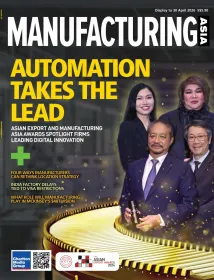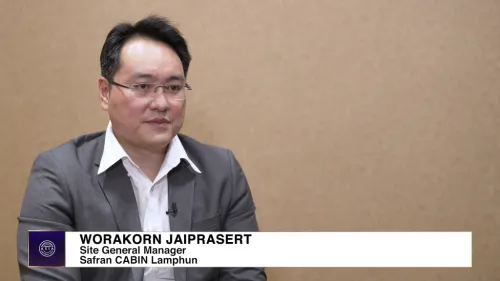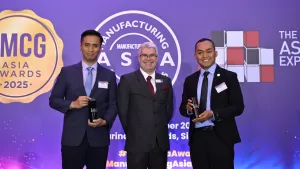Manufacturers face cloud complexity amidst security pressures
Manufacturers are forced to rethink their digital transformation strategies and adopt zero-trust security.
Manufacturers racing toward digital transformation face an uphill battle balancing legacy on-premises systems with new cloud infrastructure. While cloud technology promises flexibility and access to advanced analytics, its complexity and the industry’s reliance on reliability has made modernisation a delicate act.
“Cloud gives you access to the latest in terms of AI and machine learning,” said Hemanth Peyyeti, Partner and Regional Strategic Operations Practice Lead at Kearney. “But manufacturers are paranoid about reliability, and being on the cloud often makes the manufacturers a bit scared. Do I really want to have that full dependency on a cloud?”
The skills gap further complicates adoption. “You want a perfect person who understands both cloud architecture but also understands the manufacturing processes, and that's not easy,” Peyyeti said. Managing both on-premises and cloud environments requires “two different skill sets, two different data architectures, two different infrastructures,” he added, making hybrid operations a daily challenge.
Sandeep Bhargava, Senior Vice President, Global Services and Solutions, Public Cloud Business Unit at Rackspace Technology, said manufacturers’ legacy environments add another layer of difficulty. “There's quite a bit of legacy systems that are scattered all through the manufacturing chain... and a lot of them may not be cloud ready,” he said. “It then becomes a hybrid mix of being on prem, on a private cloud, and then on one of the hyperscalers... it is very challenging to manage with all the connections and all the technical know-how that is.”
On aligning cost efficiency with cybersecurity, Peyyeti emphasised that “security is cost optimisation.” He explained that businesses must adopt a “secure by design architecture,” ensuring cybersecurity is embedded in the infrastructure from the start. Strong access and identity management, he added, are “foundational principles” to safeguard complex networks.
Both experts agreed that zero-trust frameworks are no longer optional. “The modern day manufacturing plant is a jungle of interfaces,” Peyyeti warned, citing risks across interconnected robots, sensors, and cloud links. Bhargava added, “You start by trusting nobody... it is continuously validated at each of the choke points in your environment.”












